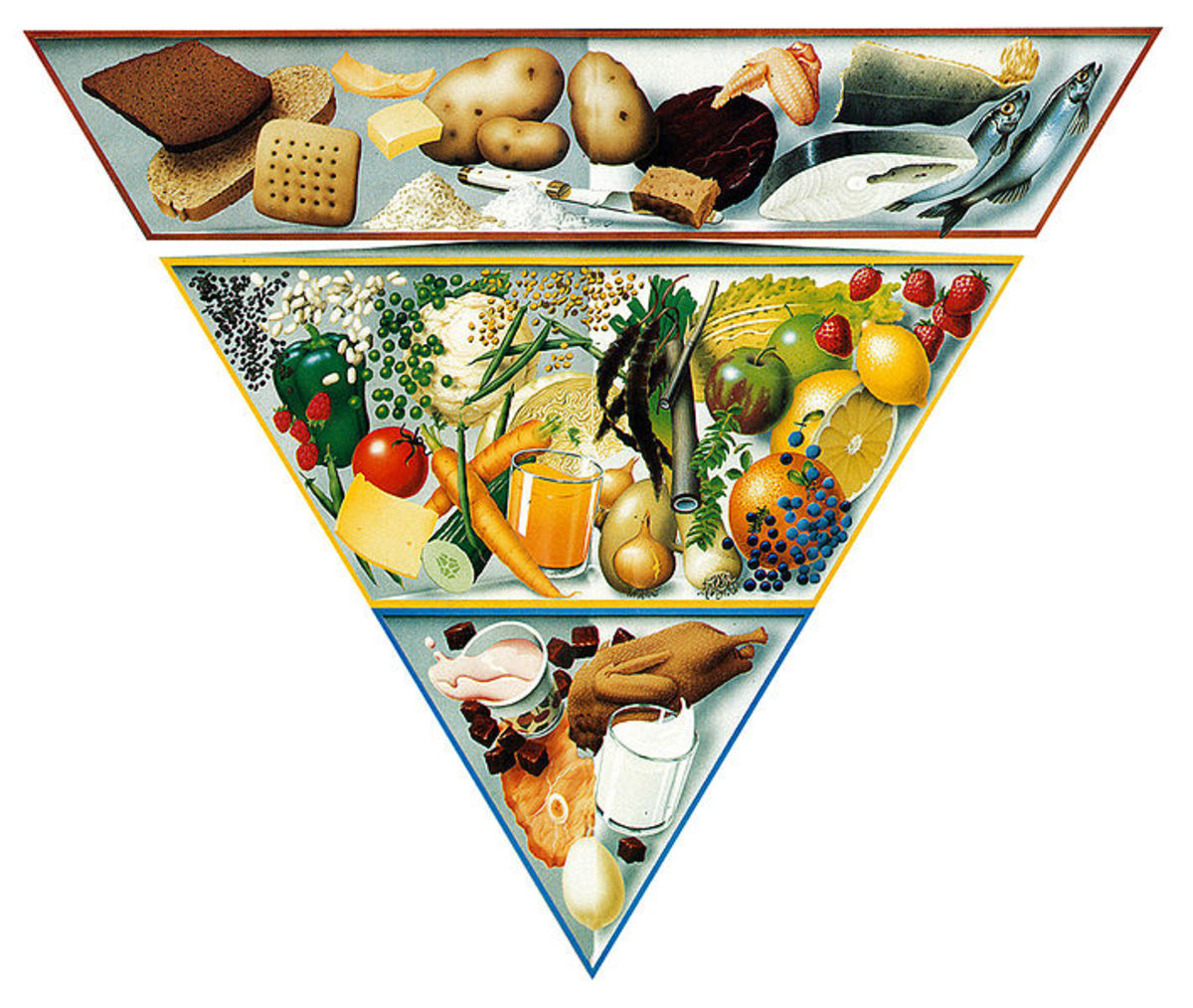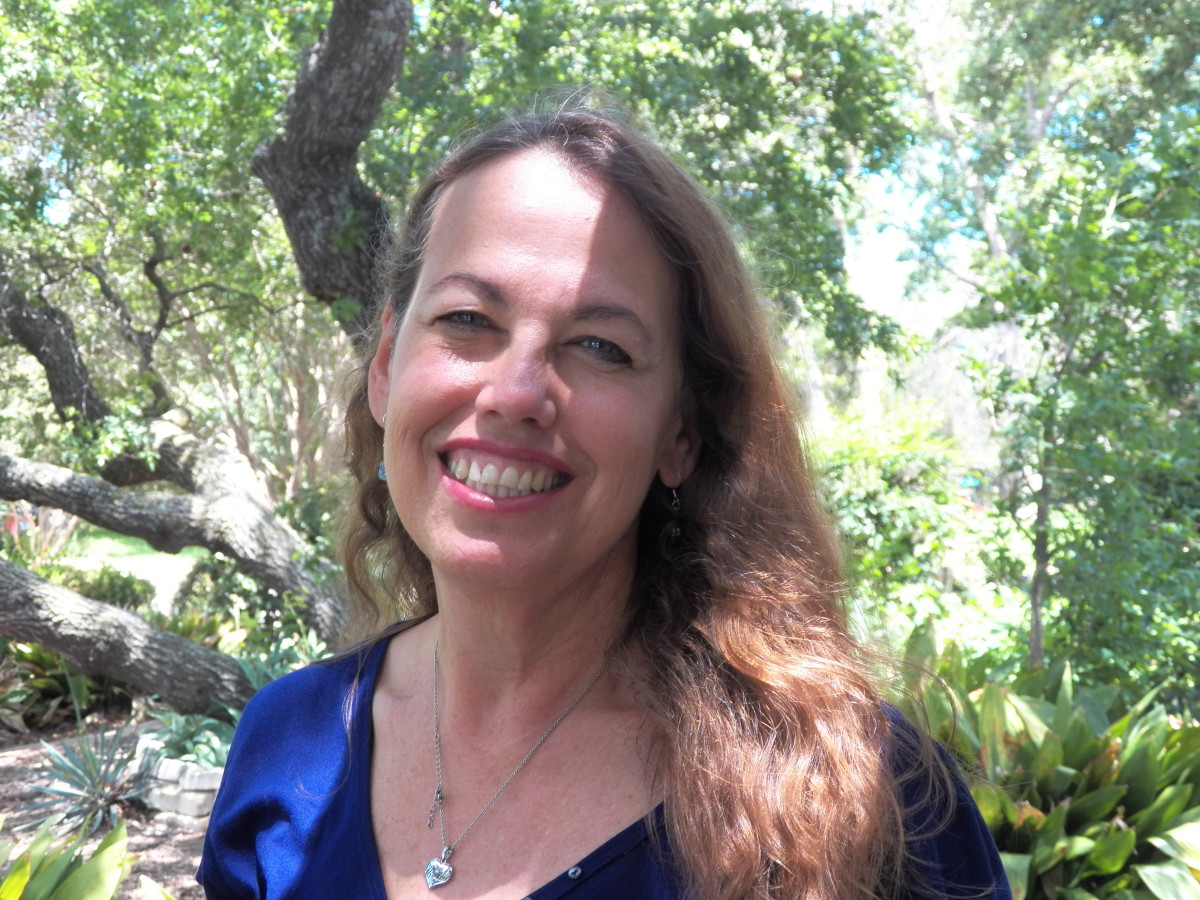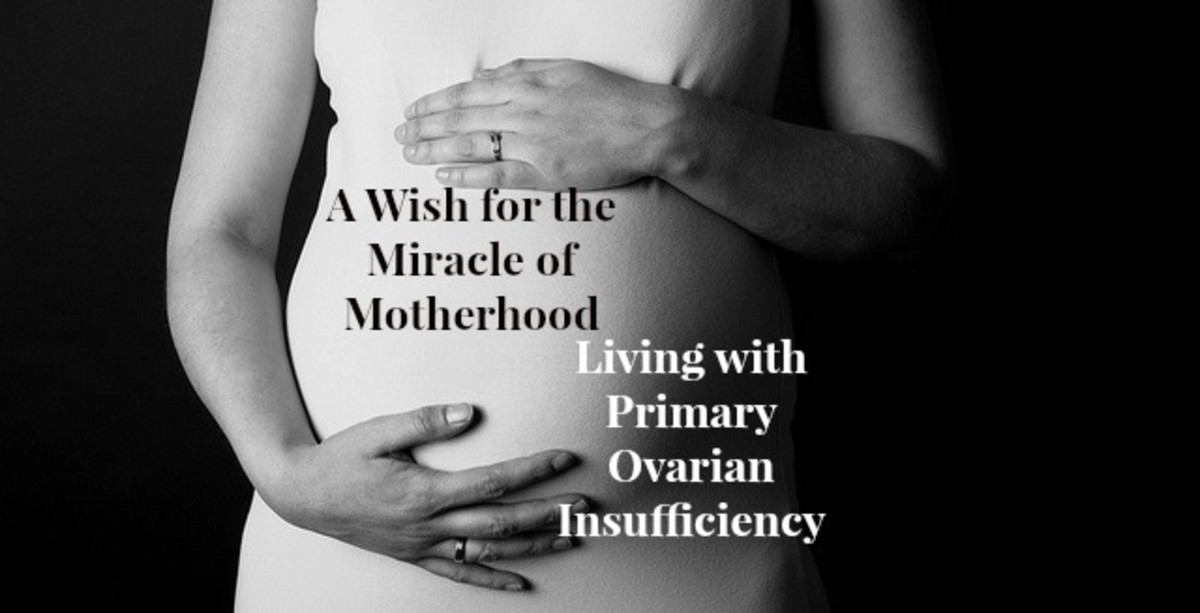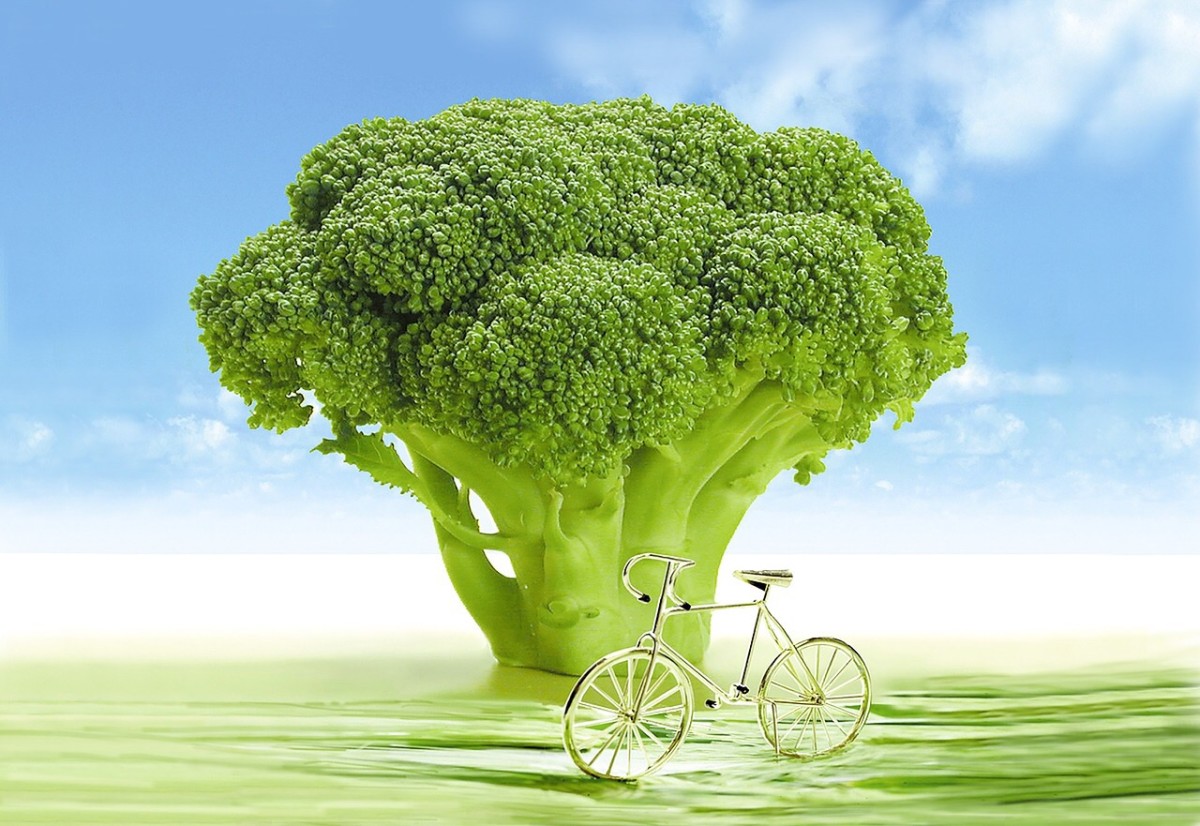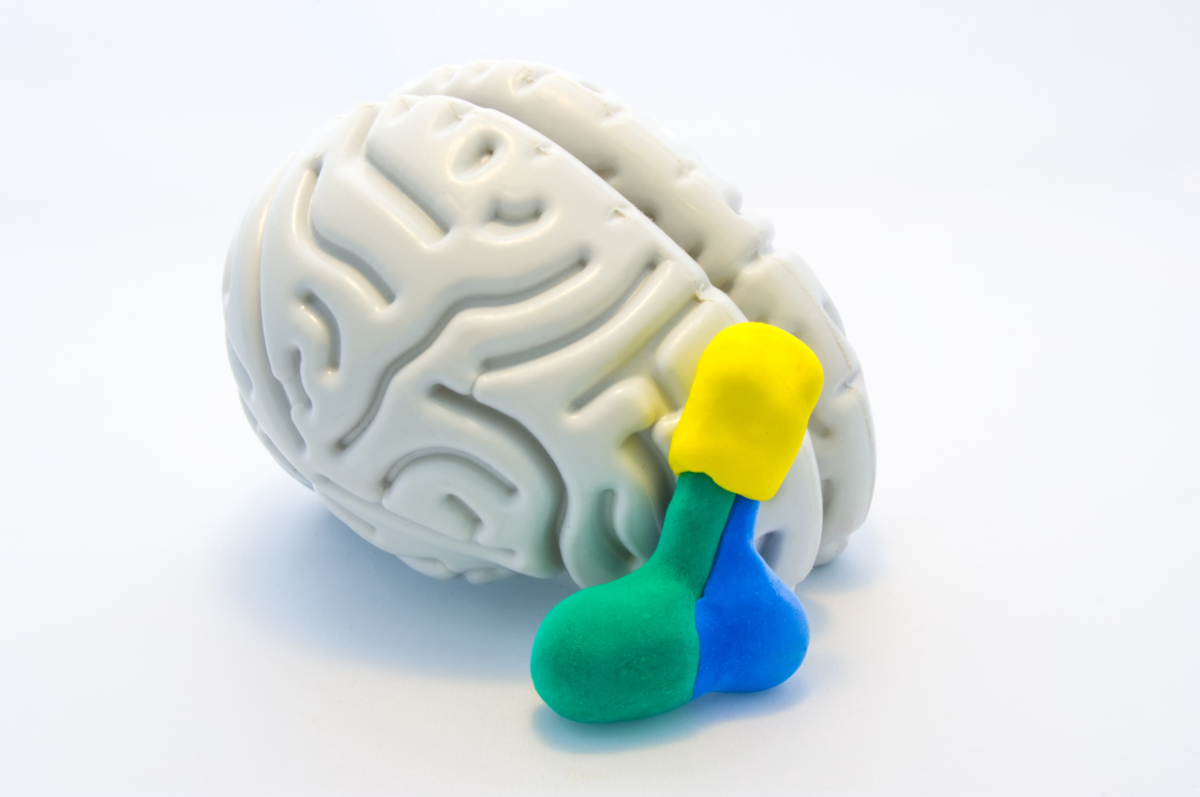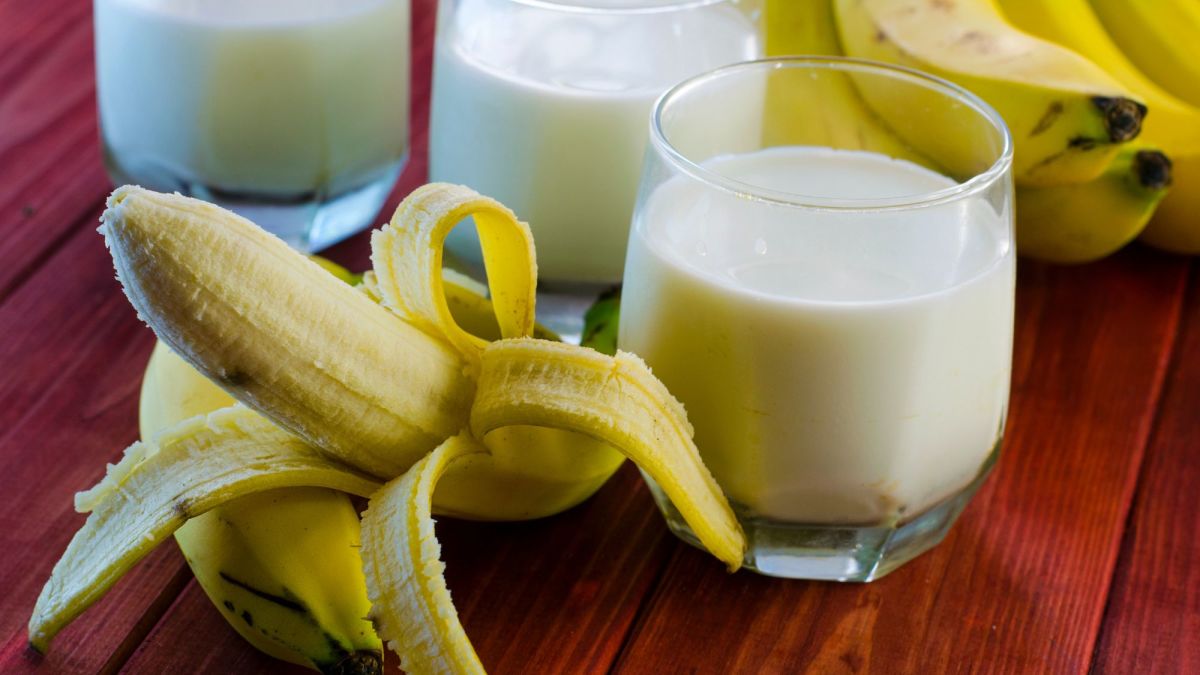Stave off Ovarian Cancer with Healthy Diet
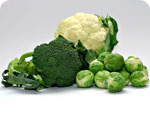
There are many reasons to choose to eat a healthy diet. The fact that you will feel better every single day of your life is the most obvious reason. However, some people need a little bit more motivation than that to change their eating habits. How about finding out that a healthy diet could be a great asset to you if you were to be diagnosed with ovarian cancer? A new study has revealed that women who were eating a healthy diet prior to receiving their ovarian cancer diagnosis were more likely to live longer than women who were not.
Details of this study
The study of the relationship between ovarian cancer and a healthy diet was completed by researchers at the Institute for Health Research and Policy, University of Illinois at Chicago's School of Public Health. Over three hundred women participated in the study. All of these women had filled out health surveys in the past. At some point after the surveys had been completed, each of these women was diagnosed with ovarian cancer. The researchers followed the health of the women as their cancer progressed. They compared their rates of survival (and how long they lived with ovarian cancer) with the results of their previous health surveys. They looked at women who had healthy diets prior to their diagnosis and discovered that those women were likely to live longer than women participating in the study who had previously had unhealthy diets.
What is a healthy diet?
For the purposes of this study, a healthy diet was defined as a well-rounded diet of foods that are widely considered healthy. Researchers looked at the women’s consumption of fruits and vegetables, meats and dairy, whole grains, fats and oils. Some of the things that they found include:
· Cruciferous vegetables were a particularly important part of a healthy diet. Women who consumed cruciferous vegetables three or more times per week were likely to live longer than women who only consumed these vegetables a once per week or less. Cruciferous vegetables include cauliflower, broccoli, cabbage, radish, rutabaga, kale and Brussels sprouts.
· Meat and dairy are not widely considered to be a part of a healthy diet. Women who consumed red meat on a regular basis were found to have a shorter life span after their diagnosis than women who ate no meat or very little red meat. Likewise, women who consumed dairy on a regular basis were not likely to live as long as women who did not.
· Fruit is considered to be a part of a healthy diet. It didn’t have a significant effect on the survival rates of women but had enough of an effect to indicate that eating fruit is part of a smart approach to dieting.
Should you starting eating healthy after receiving a cancer diagnosis?
One of the problems with this study is that it only looked at the effect that a long-term healthy diet would have on women who were diagnosed with ovarian cancer. It showed that women who had been eating healthy for years prior to their diagnosis would live longer. This begs the question of whether or not life after a diagnosis could also be prolonged if the woman chose to begin eating a healthy diet at that time. No study has yet been done to determine this. However, in general it is believed that a healthier diet will lead to a longer life span. It certainly can not hurt your chances of having a higher quality of life after a cancer diagnosis if you choose to start taking better care of yourself by eating healthier at that time.
Longevity
One of the things that this study points to is the fact that a healthy diet is going to help you to live longer. This isn’t just true for women who have been diagnosed with ovarian cancer. It just goes to show that even these women will have longer life spans if they have chosen to eat healthy than if they chose not to. Regardless of whether or not you are at risk for ovarian cancer, you have the potential to prolong your health and improve your quality of life by choosing to eat a healthy diet.
What we can learn about a healthy diet from this study
This study shows us something about eating a healthy diet that confirms what many other studies have already suggested. Eating a healthy diet isn’t about choosing the exact right combination of foods. It isn’t about eating one type of food all of the time. Instead, it is about moderating. A healthy diet is made up mostly of fruits, vegetables and whole grains. It may include dairy and meat but should not include them to a large extent. It may include fats and oils but their intake should be limited. Choosing to eat a healthy diet doesn’t mean that you have to study a lot of different things. It means that you choose to eat sensibly, limiting your intake of foods that have been shown to harm the body while increase your intake of foods that are healthy for the body (such as cruciferous vegetables).
A good point
One point that has to be made here is that choosing to eat a healthy diet did not prevent these women from getting ovarian cancer. Eating a healthy diet will not make you immune to all disease. There are many reasons that we get illnesses and they cannot be solved by diet alone. However, even with the worst of all illnesses, it is possible to live a longer, higher quality life if you choose to take care of yourself. Eating a healthy diet is one way of taking care of yourself.

![Fight Like a Girl Side Wrap Women's V-Neck T-Shirt for Ovarian Cancer, Sexual Assault, PCOS Awareness - Teal [M]](https://m.media-amazon.com/images/I/41LKzJooklL._SL500_.jpg)

